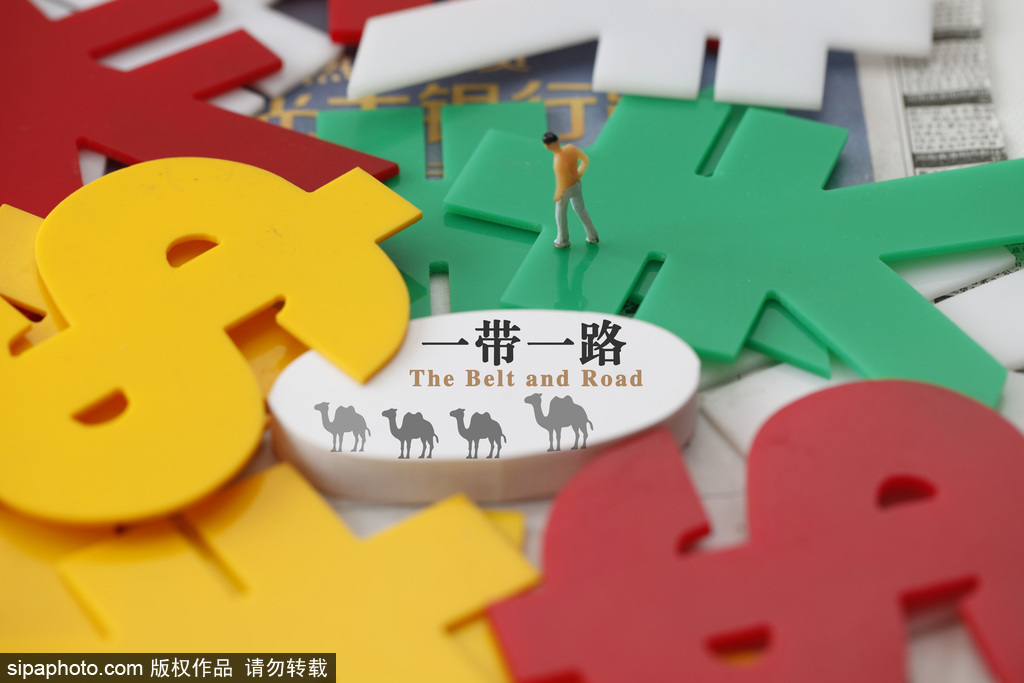BRI helps Bangladesh recover from the pandemic
By Md Enamul Hassan | chinadaily.com.cn | Updated: 2020-07-06 17:33

Like in many other countries around the world, the COVID-19 pandemic is taking its toll on human health in Bangladesh. A total of 162,417 people have been infected and some 2,025 died of coronavirus as of Monday. The number of infections in the country has already surpassed the figure in China, according to the Directorate General of Health Services of Bangladesh.
Apart from hitting its already-weak health system hard, the pandemic has also caused a devastating economic crisis in Bangladesh. It has upended the economic order of the country by creating a vast number of unemployed and decreasing record amounts of foreign exchange earnings.
Up until the crisis, Bangladesh had been growing close to 8 percent a year on average over the past decade. But the International Monetary Fund has now forecasted only 6 percent growth in the country for 2020-21, 2 percent lower than last year.
According to the Bangladesh Bureau of Statistics, a total of 85.1 percent of the workforce is employed in the informal sector, which is more than 50 million people. They have been the worst victims of COVID-19, because the pandemic has rendered unemployed 80 percent of workers in the informal sector, which is about 40 million people.
About 10 million Bangladeshis are working abroad. Due to serious economic slowdown all over the world, many of them are returning back home and most of those who are stuck up at home can't go back to their host countries. As a result, the number of jobless people is shooting up in Bangladesh. Last year, the expatriates sent home more than $18 billion as remittances. But the World Bank expects remittances to drop to about $14 billion this year.
The Ready-Made Garments sector generates close to $30 billion in exports, accounting for 83 percent of total exports and 14 percent of GDP. More than 4 million workers are engaged in this industry. Now the industry is in deep crisis because of the pandemic. The industry has received work order cancellations of nearly $3 billion. It will affect about 2 million workers, while 1 million are already unemployed. Thus the pandemic has caused huge unemployment and decreased about 25 percent of foreign exchange earnings, which is more than $4 billion.
Against such backdrops, the Belt and Road Initiative has emerged as one of the major determinative forces in Bangladesh, which joined the initiative in 2016. Ever since the coronavirus was first reported in Bangladesh on March 8, under BRI cooperation, China has simultaneously been helping Bangladesh overcome health and economic crises.
China donated 30,500 rapid detection reagents, 70,000 medical protective gowns, 13,00,000 surgical masks, 50,000 N95 masks, and 50,000 goggles to Bangladesh. The Jack Ma Foundation and Alibaba Foundation also donated 30,000 test reagents and 300,000 masks. The Bangladesh-China Business and Industry Association donated 10,000 surgical masks to fight the epidemic. Also, many Chinese enterprises and companies working in Bangladesh have assisted the country to curb the epidemic.
Recently, a 10-member team of Chinese medical experts visited Bangladesh. In their two-week stay in Bangladesh, the experts visited designated hospitals, quarantine centers, and testing centers. They shared their experiences with Bangladeshi counterparts and made calibrated propositions for containment and treatment of the pandemic during the visit.
To recover from the economic crisis, China has offered zero-tariff treatment to 97 percent of Bangladesh’s exports by adding 5,161 more items to the existing list of 3,095 duty-free products, effective on Wednesday, said Chinese Ambassador in Dhaka Li Jiming in an article. This is really a piece of good news for Bangladesh. Because if the country can avail itself of the opportunity, its export items will be diversified, resulting in the creation of a vast number of jobs and a huge amount of foreign exchange earnings.
Economists are of the view that for tapping the opportunity, Bangladesh needs a sizable amount of investment in its infrastructure sectors. Under the BRI cooperation, China has pledged to invest more than $38 billion in Bangladesh. And the country has already invested more than $26 billion in different projects in Bangladesh. The projects have created a significant number of jobs. And their fruitions are expected to contribute to at least 1.5 percent growth of the GDP.
Moreover, while Westerners have left Bangladesh one by one during this hardest time of the pandemic, Chinese companies remain here to keep the megaprojects running smoothly. Thus they are contributing to minimizing the impacts of COVID-19 on the overall socio-economic development of Bangladesh.
This is how the BRI is contributing to boosting the response capacity of Bangladesh in its fight against the coronavirus. The BRI initiative is also helping the South Asian nation to recover from the serious economic crisis caused by COVID-19.
The author is the China correspondent of the Bangladesh Post.
The opinions expressed here are those of the writer and do not necessarily represent the views of China Daily and China Daily website.
























